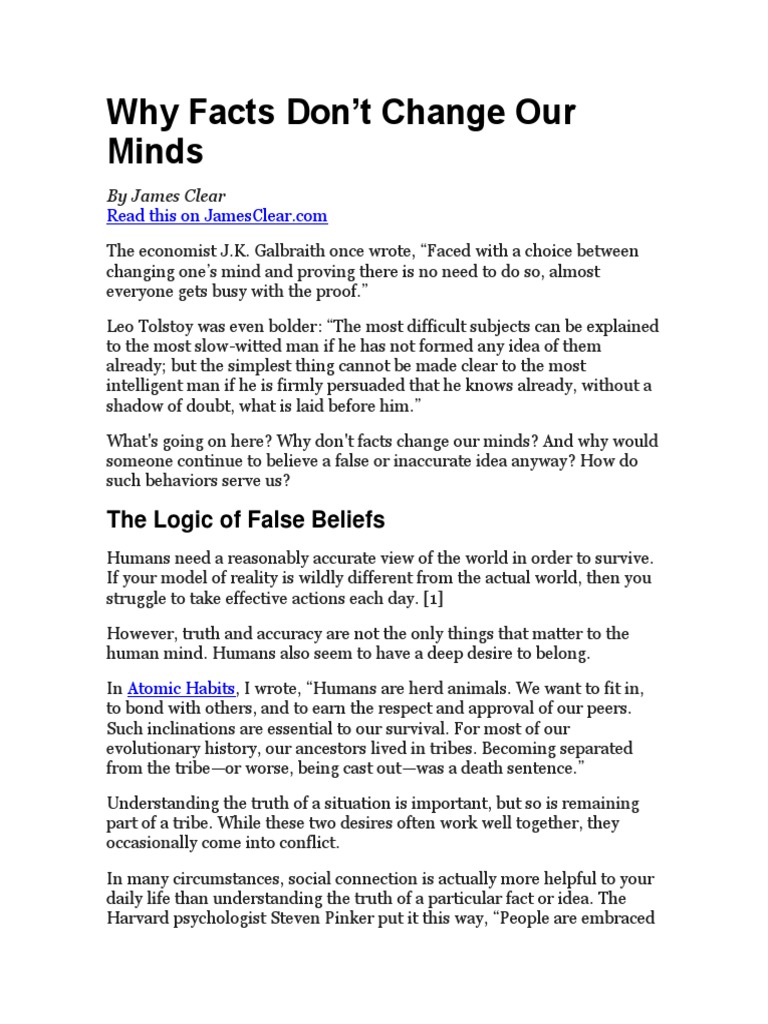In the contemporary world, the intersection of spiritual teachings and empirical understanding often engenders a complex discourse surrounding the validity of various faiths, including the Bahá’í Faith. This exploration probes into the efficacy of its teachings, inviting adherents and seekers alike to scrutinize the veracity of its principles. By fostering an environment wherein the power of understanding can proliferate, individuals may navigate the following multifaceted dimensions of the Bahá’í teachings.
1. Understanding the Foundations of Bahá’í Teachings
Integral to the examination of any spiritual doctrine is a thorough comprehension of its foundational tenets. The Bahá’í Faith advocates for the unity of humanity, the harmony of science and religion, and the elimination of prejudice. Such principles are not mere platitudes; they represent a profound shift in societal paradigms. Engaging with these core tenets allows for a rich dialogue concerning their applicability in contemporary society. In scrutinizing their relevance, one finds that they offer a robust framework for personal and collective transformation.
2. Enhancing Critical Thinking
While faith often nurtures trust in higher doctrines, critical thinking remains an indispensable skill for distinguishing between fact and fiction. The Bahá’í teachings encourage individuals to engage in independent investigation of truth. This paradigm promotes intellectual autonomy, urging the faithful to dissect religious texts, scholarly interpretations, and historical contexts. By fostering a critical lens, one becomes empowered to discern authenticity amidst sensationalism.
3. Engaging with Diverse Perspectives
Incorporating diverse viewpoints cultivates deeper understanding and empathy, essential virtues espoused within the Bahá’í framework. The act of engaging with different ideologies not only broadens one’s cognitive horizons but also serves as a crucible for testing the resilience of Bahá’í teachings against the backdrop of contrasting beliefs. Whether through interfaith dialogues or scholarly debates, embracing a multitude of narratives enriches one’s comprehension and illustrates the universal applicability of these teachings.
4. The Role of Historical Context
A historically grounded exploration of the Bahá’í Faith’s origins elucidates the socio-political landscapes that shaped its emergence. Understanding the historical context of Bahá’u’lláh and the circumstances surrounding the founding of the Bahá’í community can demystify certain teachings that may appear anachronistic or irrelevant. Delving into primary and secondary historical sources can unveil the profound wisdom contained in these teachings, affirming their contemporary relevance.
5. Integrating Spiritual Practices
Spiritual practices serve as a conduit for deeper understanding and connection to teachings. The Bahá’í Faith emphasizes prayer, meditation, and community service as vital components of spiritual development. Engaging in these practices can illuminate the implicit wisdom within Bahá’í texts. By participating in acts of service, adherents can witness firsthand the transformative power of embodying these teachings. Hence, integrating spiritual practices into daily life reinforces the connection between belief and action, grounding abstract principles in lived experience.
6. The Intersection of Science and Religion
The Bahá’í Faith promulgates a harmonious relationship between science and religion, positing that both domains seek truth, albeit from divergent vantage points. To bolster one’s understanding, one must navigate how Bahá’í teachings can contextualize scientific discoveries and vice versa. This symbiosis invites practitioners to scrutinize and appreciate the philosophical underpinnings of various scientific theories through a Bahá’í lens, thereby cultivating a comprehensive worldview that transcends mere belief.
7. The Challenge of Overcoming Prejudice
A pragmatically oriented approach to Bahá’í teachings necessitates an active commitment to overcoming personal and societal prejudices. Utilizing the teachings as a tool for self-reflection can catalyze transformative change. Encountering and dismantling prejudice entails not only intellectual engagement but also emotional intelligence. By embodying Bahá’í teachings of oneness and equality, followers can foster inclusive environments that resonate with the Faith’s core values.
8. Utilizing Technological Advances for Learning
In an age defined by rapid technological advancements, the opportunity to access Bahá’í teachings has never been more accessible. Digital platforms offer myriad resources, from online courses to forums for discussion and engagement. Utilizing these resources can greatly enhance understanding. They allow for a dynamic interaction with content that transcends geographical and temporal boundaries, fostering a global community of learners dedicated to deepening their comprehension of Bahá’í principles.
9. Cultivating an Attitude of Continuous Learning
Finally, enriching one’s understanding of Bahá’í teachings is inherently a lifelong endeavor. Embracing an attitude of continuous learning cultivates resilience in the face of doubt and nurtures curiosity. Engaging with new interpretations, attending conferences, and participating in study circles exposes individuals to evolving insights. This commitment to lifelong education not only affirms the validity of Bahá’í teachings but allows them to flourish in the ever-changing landscape of human understanding.
In conclusion, the examination of Bahá’í teachings as a pursuit of fact versus fiction is both an intellectual and spiritual journey. By immersing oneself in diverse perspectives, history, critical thinking, and contemporary practices, individuals can significantly enhance their power of understanding. As seekers of truth, may we all endeavor to cultivate a nuanced, informed appreciation of the profound principles that shape the Bahá’í Faith, contributing to a more enlightened, united humanity.
